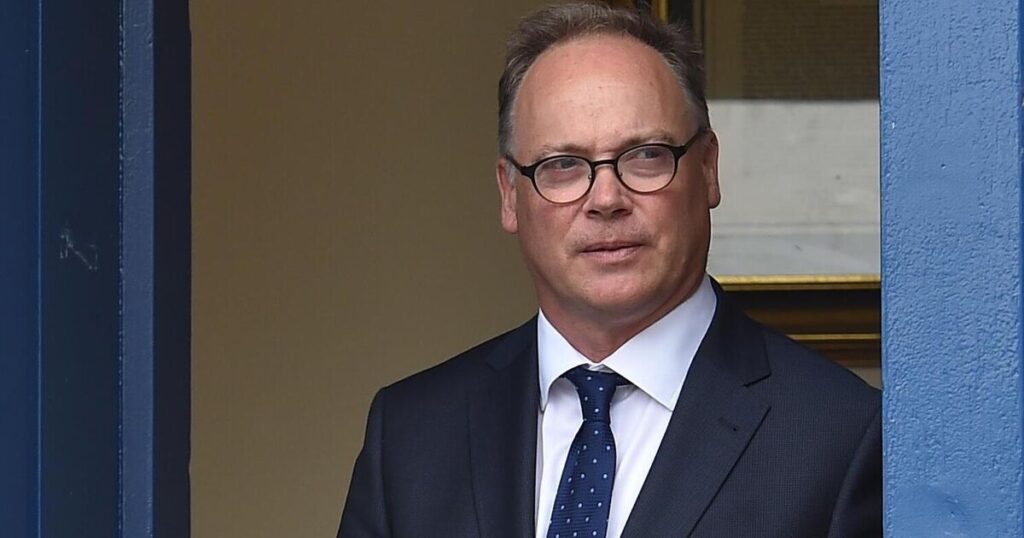A Co Kilkenny couple has secured a significant victory in the Supreme Court, allowing them to challenge An Bord Pleanála’s decision to approve the construction of a mobile phone mast near their property.
Peter Thomson and his wife, Doreen, initially objected to the mast’s construction adjacent to their home in Kells, citing concerns of “bias” in the decision-making process.
The High Court initially dismissed their objection for being filed outside the eight-week legal action deadline. However, the Court of Appeal overturned this decision.
An Bord Pleanála then appealed to the Supreme Court, with arguments presented by both sides in January of this year.
The Supreme Court’s unanimous decision, delivered by five justices, now allows the Thomsons’ objection to be heard in the High Court.
The couple’s case alleges that the statistical probability of An Bord Pleanála’s former deputy chair, Paul Hyde – then one of nine board members – being allocated 42 out of 49 mast applications by Eircom in under two years was virtually impossible.
Mr. Hyde approved the 15-meter mast near the Thomsons’ property in June 2021, against the recommendation of his planning inspector, Philippa Joyce.
In May 2022, the reported that Mr. Hyde had overruled his planning inspectors’ recommendations for refusal of mast applications in 86% of cases over a 20-month period up to May 2022 – approximately eight times the average.
Despite the emergence of evidence concerning alleged irregularities in Mr. Hyde’s decision-making in May 2022, the Thomsons delayed their action until November – six months later – with Peter Thomson citing fears of “an adverse costs order” in his submission to the court.
Mr. Hyde subsequently resigned from An Bord Pleanála and was criminally convicted in 2023 for making false or misleading declarations about his assets.
Justice Seamus Woulfe, delivering the unanimous Supreme Court judgment dismissing the board’s appeal, concurred with the Court of Appeal that the public interest in scrutinizing the Hyde decisions outweighed the need for commercial certainty typically ensured by the statute of limitations for planning decisions.
He emphasized that the Thomsons’ allegations “go far beyond the facts of one individual planning decision and involve systemic issues about the operation of the board over a number of years and the integrity of the planning regime in this jurisdiction.”
Eoin Brady, a partner at FP Logue Solicitors representing the Thomsons, welcomed the decision as “a confirmation from the Supreme Court of the critical importance of the integrity of the planning system.”
Mr. Brady added that questions regarding the integrity and objectivity of national planning institutions lead to “a significant corrosion of public confidence which ultimately undermines democracy,” and that the decision “reflects the importance of the public interest in the integrity of our planning system”.


